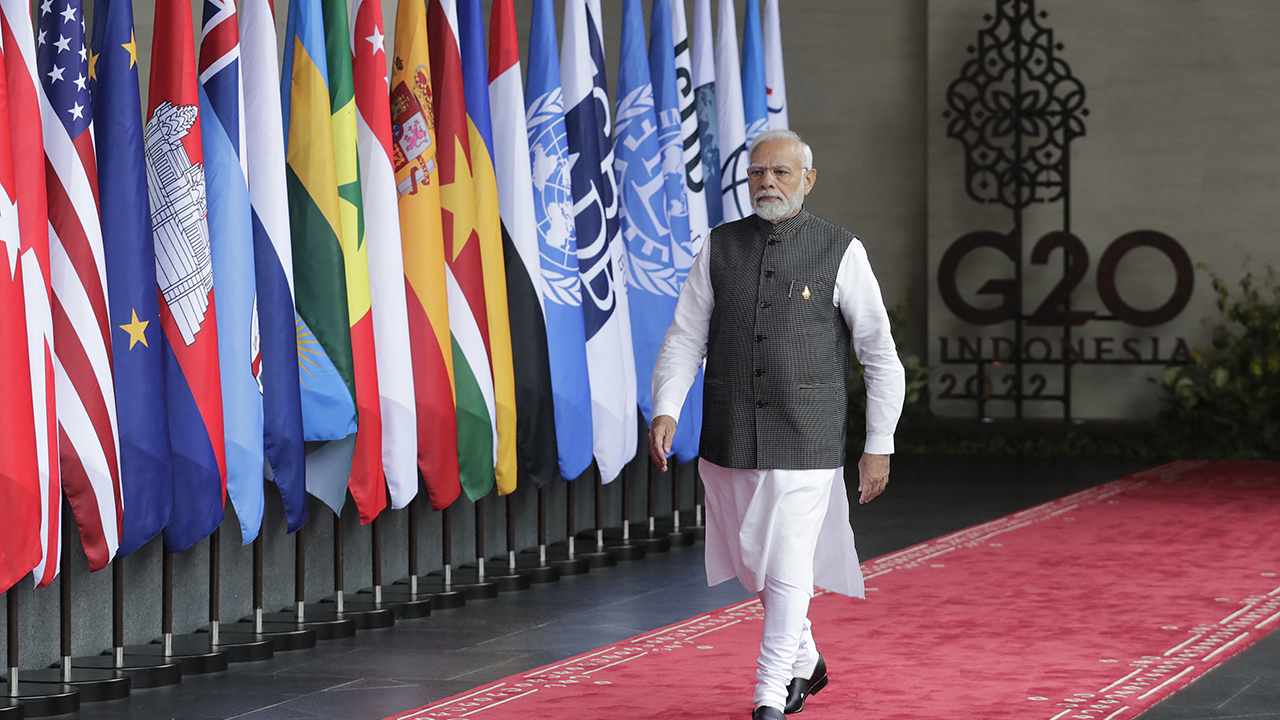Karen Hughes’ Uphill Battle
Foreign Policy, Not Public Diplomacy, Mostly Determines How the World Views America
Foreign Policy, Not Public Diplomacy, Mostly Determines How the World Views America
Westerners and Muslims Associate a Variety of Negative Traits With One Another
by Richard Wike, Pew Global Attitudes Project, and Brian J. Grim, Pew Forum on Religion & Public Life News headlines bombard us almost daily with examples of conflict between the Muslim world and the West, whether the war in Iraq, the search for al Qaeda in Afghanistan and Pakistan, or efforts to stop Iran’s nuclear […]
by Brian J. Grim, Pew Forum on Religion & Public Life, and Richard Wike, Pew Global Attitudes Project Earlier this month, Turkey threatened to curtail U.S. military access to Turkish bases and recalled its ambassador from Washington for consultations. These actions came in response to the U.S. House Foreign Affairs Committee’s approval of a resolution […]
The Turkish Public’s Opinions of America Have Hit Rock Bottom
In his first appearance on a debate stage with his rivals for the Republican nomination, the former Tennessee senator stuck to very traditional -- and very popular -- positions among his party's voters.
The publics of the world broadly embrace key tenets of economic globalization but fear the disruptions and downsides of participating in the global economy. In rich countries as well as poor ones, most people endorse free trade, multinational corporations and free markets. However, the latest Pew Global Attitudes survey of more than 45,000 people finds they are concerned about inequality, threats to their culture, threats to the environment and the threats posed by immigration. And there are signs that enthusiasm for economic globalization is waning in the West.
When debate moderator Tim Russert asked the Democratic presidential candidates if they would pledge to have all U.S. troops out of Iraq by the end of their first term, the leading candidates all declined to make a firm pledge. Are they in sync -- or out of sync -- with the views of Democratic voters on the question of an Iraq war withdrawal timetable?
Summary of Findings Last week’s congressional testimony by General David Petraeus and Ambassador Ryan Crocker, followed by President Bush’s address to the nation, has not changed bottom-line public attitudes toward the war in Iraq. However, there has been a modest increase in positive views about the U.S. military effort, accompanied by largely positive public reactions […]
Across 12 countries, a median of 40% of adults say they have no confidence in Indian Prime Minister Narendra Modi to do the right thing regarding world affairs. About eight-in-ten Indians have a favorable view of Modi.
Majorities in most countries say China does not take into account the interests of other countries in its foreign policy, and China does not contribute to global peace and stability.
Across 24 countries, large shares have an unfavorable view of Russia and no confidence in Putin to do the right thing regarding world affairs.
Overwhelmingly, people believe the U.S. interferes in the affairs of other countries, but most also believe the U.S. contributes to peace and stability around the world. U.S. President Joe Biden receives mostly positive reviews.




